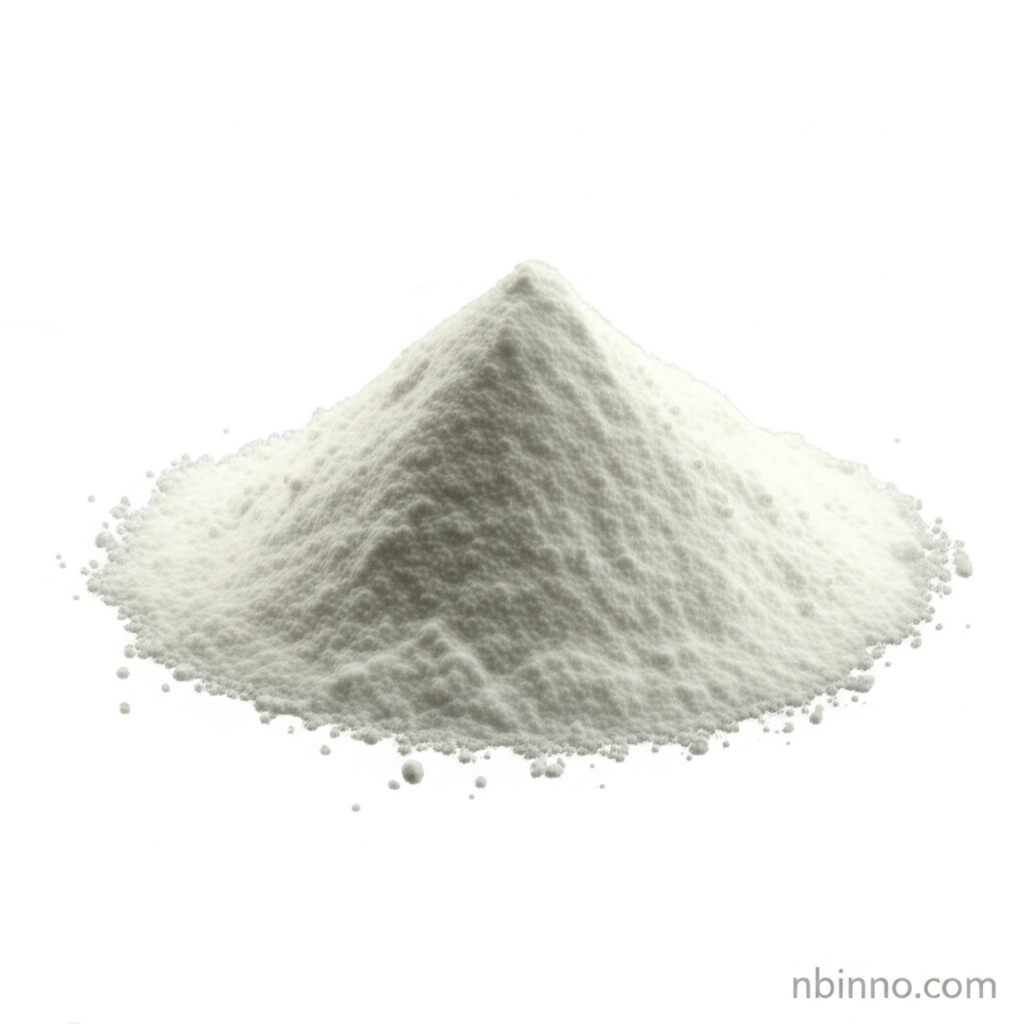Aleuritic Acid (CAS 533-87-9): Properties, Applications, and Sourcing Guide
Discover the versatile applications of this key shellac constituent and its role in musk aroma synthesis.
Get a Quote & SampleProduct Core Value

Aleuritic Acid
Aleuritic acid is a significant component derived from natural shellac, widely recognized for its utility in the fragrance industry as a precursor for musk aromas. Beyond perfumery, its unique structure also makes it a valuable starting material for various medicinal and bioactive compounds, showcasing its broad chemical applicability.
- Explore the unique chemical properties of 9,10,16-trihydroxyhexadecanoic acid, a key component in developing musk aromas.
- Learn how to buy aleuritic acid from reliable suppliers for your fine chemical synthesis needs.
- Understand the role of aleuritic acid as a major ingredient in shellac and its impact on various industries.
- Investigate the potential of aleuritic acid for medicinal and bioactive compound development.
Key Advantages
Versatile Synthesis Precursor
Leverage aleuritic acid as a crucial starting material for the synthesis of musk aroma compounds, a vital application within the perfume industry.
Natural Origin and Sustainability
Benefit from a compound sourced from natural shellac, offering a potentially sustainable option for your chemical manufacturing processes and for researching bioactive compounds from natural sources.
Established Chemical Identity
Utilize a well-characterized chemical with a clear CAS number (533-87-9) and known properties, facilitating reliable sourcing and application development for ingredients like 9,10,16-trihydroxyhexadecanoic acid.
Key Applications
Perfume and Fragrance
Aleuritic acid is a primary starting material in the perfume industry, particularly for the preparation of musk aroma compounds, contributing to the complex scent profiles of fine fragrances.
Bioactive Compound Research
Its structure makes it a valuable intermediate for synthesizing medicinal and bioactive compounds, supporting advancements in pharmaceutical research and development.
Material Science
As a major constituent of shellac, aleuritic acid is integral to understanding and utilizing the properties of this natural resin in various material science applications.
Chemical Synthesis
Serves as a foundational building block in organic synthesis, enabling the creation of complex molecules and functional materials for diverse industrial uses.
